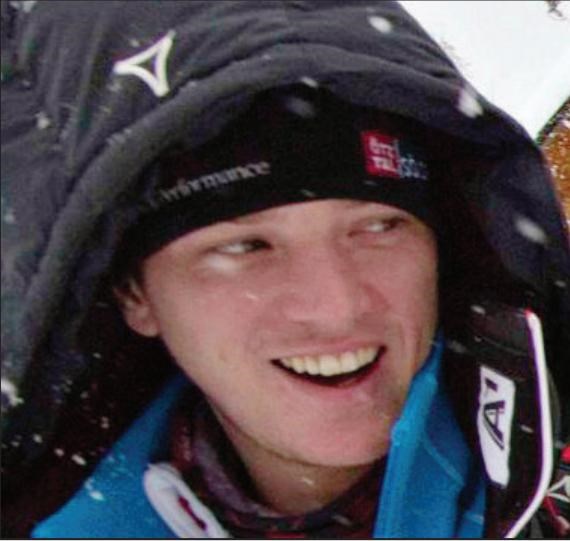The secret to skiing fast after a catastrophic injury is to lie to yourself, says Jan Hudec, a man familiar with that particular deception.
After seven knee surgeries, the Canadian team racer knows how difficult it is to get his race brain back even after his body healed.
"You literally have to trick your mind, trick your body into getting back into that mode where you're ready to look for speed instead of just surviving the course," Hudec said Friday at Lake Louise, Alta.
It's a strategy that worked for Hudec. The 31-year-old from Calgary won his first World Cup downhill in five years last season in Chamonix, France, and followed that up with a super-G silver in Crans-Montana, Switzerland.
His teammates John Kucera and Manuel Osborne-Paradis are trying to find their way to that place where they can ski freely and where they unconsciously compensate for bobbles on the course without losing speed.
The season-opening men's World Cup downhill is scheduled for today at Lake Louise.
Calgary's Kucera will return to racing after breaking his leg at Lake Louise three years ago. Vancouver's Osborne-Paradis will also compete for the first time since breaking his leg in Chamonix in January 2011.
Friday's training run was cancelled because of poor visibility due to heavy snow. In the two prior training runs, Kucera and Osborne-Paradis were coming to terms with the time it will take to get their confidence back.
Kucera (2006) and Osborne-Paradis (2009) have both won at Lake Louise. Today's winner will be the man who borders on recklessness but can rein himself in enough to stay upright.



